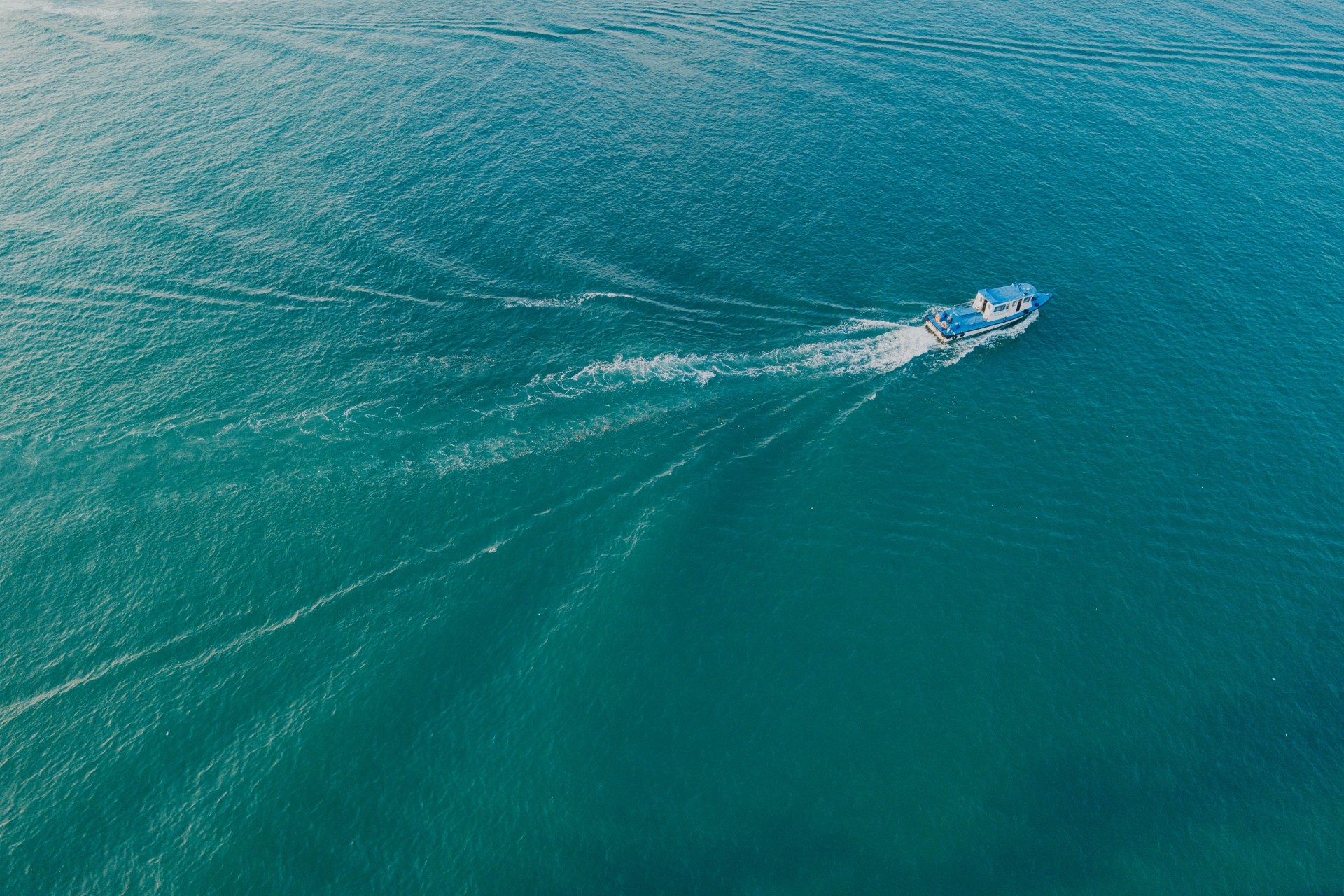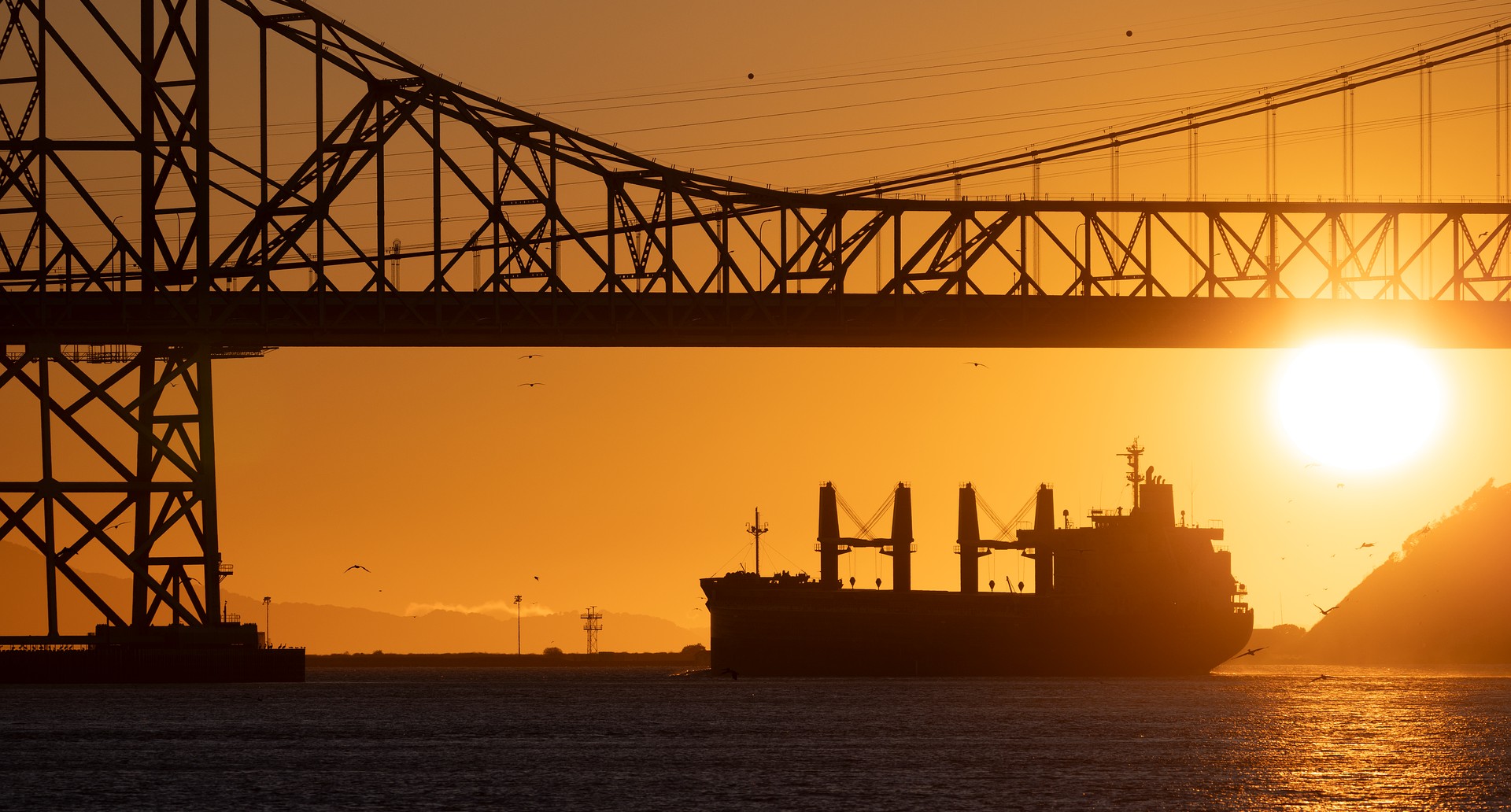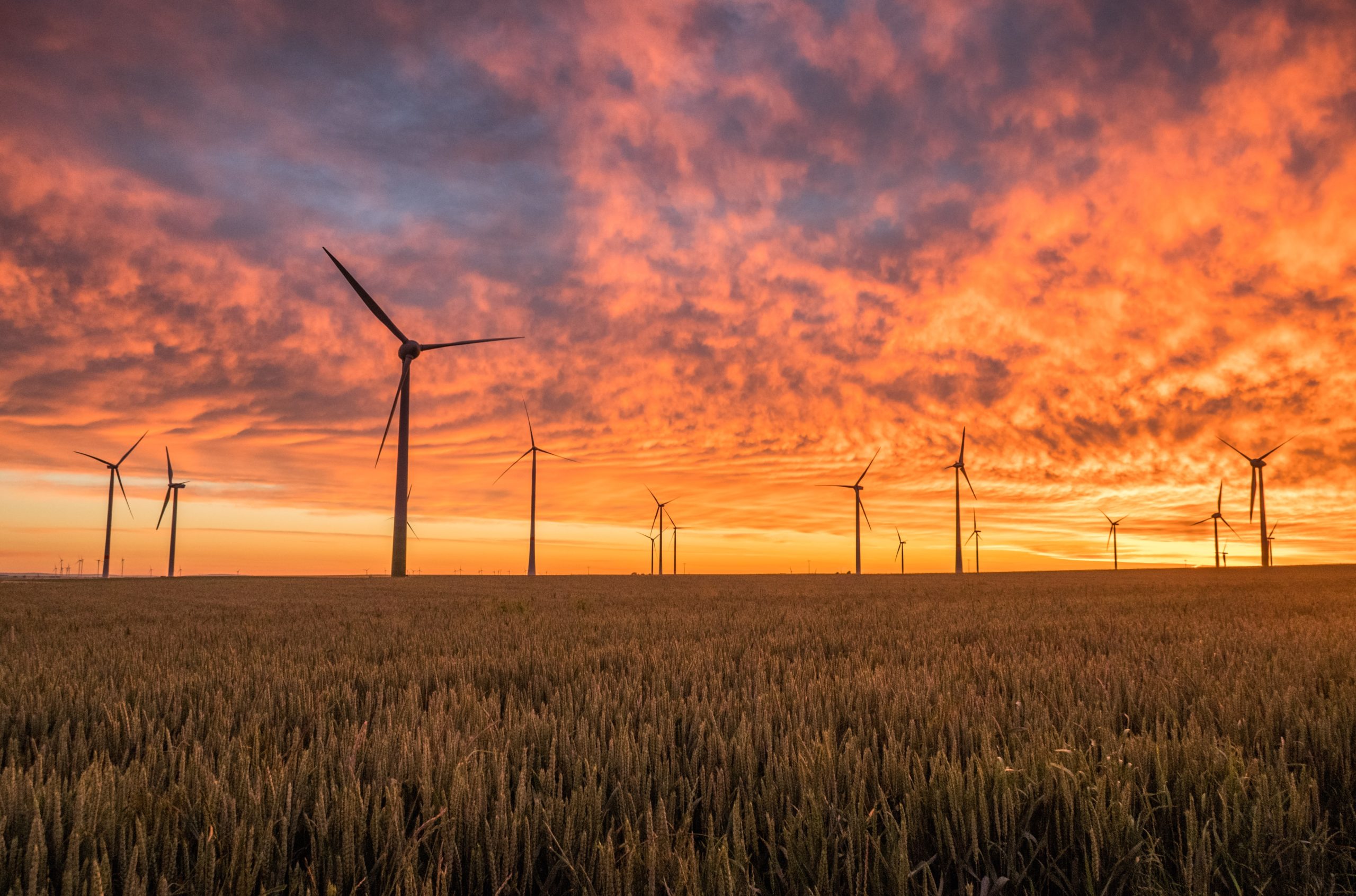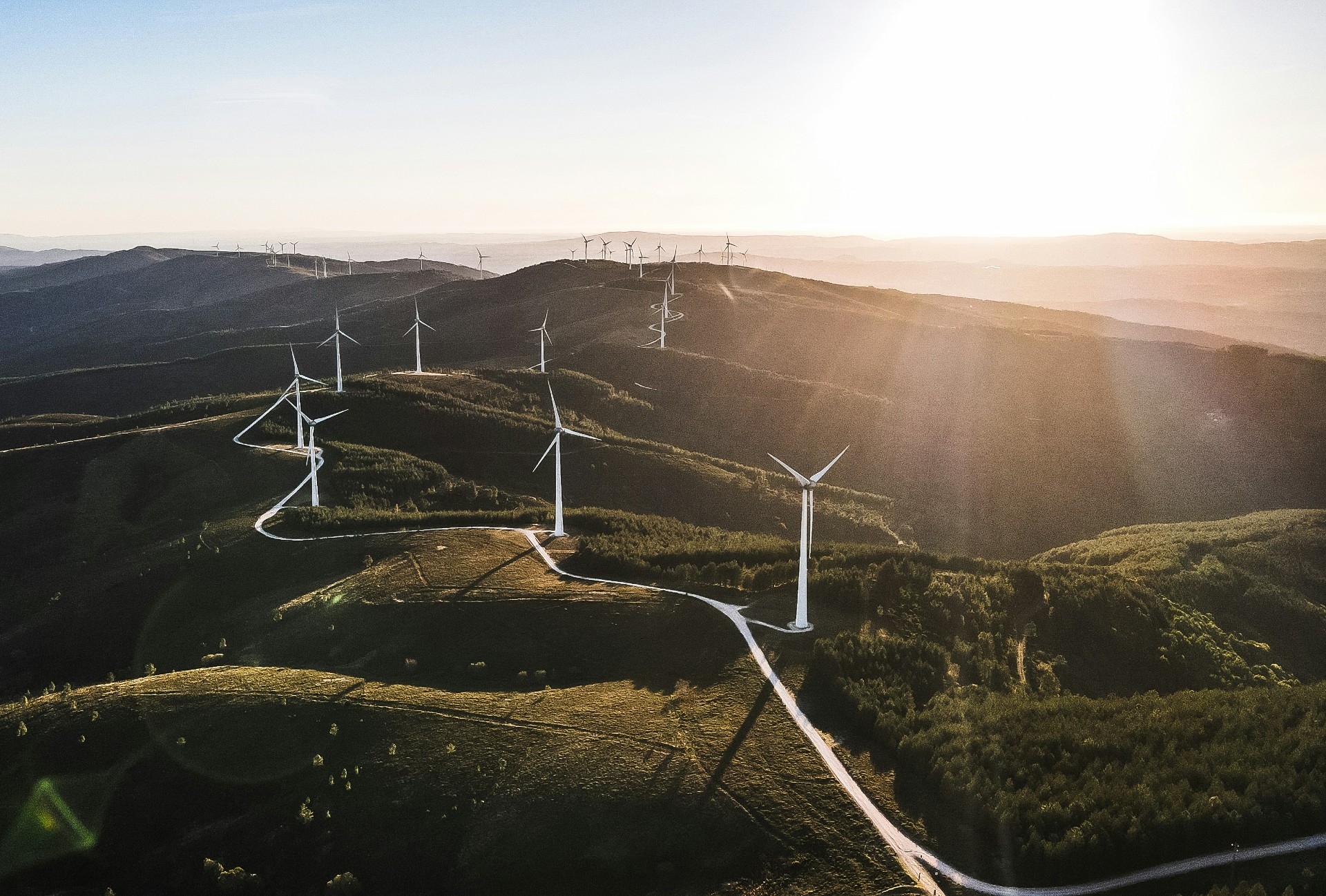News
Pioneering new designs for net-zero fishing vessels

A new report from Fisheries Innovation & Sustainability (FIS) marks a significant step towards understanding the requirements for a net-zero fishing industry.
The report represents the culmination of a collaborative effort between Macduff Ship Designs, the University of Exeter’s Centre for Future Clean Mobility (CFCM) and FIS.
It sets out six first-of-their-kind designs for alternatively powered fishing vessels, highlights the barriers to their development, and proposes next steps for the industry in exploring the transition to a net-zero future.
In April 2022, industry leaders and key stakeholders met in Glasgow for the FIS-organised ‘Vessels of the Future’ workshop, to discuss the opportunities and challenges associated with the creation of net-zero fishing fleets.
Following this participatory workshop, FIS commissioned Macduff Ship Design, in collaboration with CFCM, to identify critical barriers and obstacles to achieving net-zero emissions in the fishing sector, with a focus on three distinct vessel types.
A second stage, supported by Marine Fund Scotland, focused on the development of six concept vessel designs based on the most viable clean fuel options identified in the earlier stage.
These designs have undergone rigorous proof-of-concept validation to ensure feasibility and are set out in the report launched today.
Duncan Boag, Naval Architect at Macduff Ship Design, said: “The concept designs we provided for this report represent a feasible way for fishing vessels to transition away from diesel to a net-zero alternative.
“Whilst we ensured that all the designs are viable from a development perspective, the report also highlights the significant challenges facing this transition that need to be overcome in order to achieve the goal of a net-zero fishing fleet.”
The report presents two concept designs for each of the following vessel types: under 10m creel boats, 15m Nephrops trawlers, and under 24m whitefish trawlers.
These designs are tailored to use some of the most promising alternative fuel options – battery electric, methanol, and LNG (Liquified Natural Gas).
Underscored within the report is the need to address technical, regulatory, and financial barriers before widespread industry investment and adoption becomes viable.
Technical challenges noted include equipment availability and the development of the critical underpinning infrastructure for the alternative fuels listed.
Regulatory compliance remains a concern, but the report anticipates smoother interactions with regulators as understanding relating to zero-emission vessels accumulates.
Financially, increased capital costs and uncertainties surrounding fuel prices require careful consideration and remain a significant challenge for the sector.
Executive Director of FIS, Kara Brydson, said: “These designs show what could be possible for UK fishing vessels if we can address current financial, regulatory and technical barriers.
“However, they do verify concerns raised in our earlier project – that vessel owners trying to do the right thing in switching to alternative fuels will, for now, be at a critical disadvantage competing in a market with diesel vessels.
“These early adopters must be able to access financial assistance, business advice and regulatory support.
“Not only that, the enabling architecture (such as ports and harbour infrastructure, fuel supply chains, vessel finance packages, and skills and safety training) must be established before these designs can become a reality, meeting government and retailer net-zero targets whilst also keeping fishermen safe and competitive.”
Looking ahead, the report identifies potential next exploratory steps to further progress on the road to net-zero fishing vessels, including a review of harbour infrastructure, the investigation of retrofitting options for existing vessels, and the use of the concept designs to build a demonstration vessel.
Findings from the report have the potential to influence new innovations and regulatory frameworks, taking practical steps to move towards a sustainable future for the UK seafood industry.
CFCM Director Professor Chris Smith said: “Until now, it has not been possible to evaluate the practical implications of our work on optimised clean powertrain design on the performance and operation of vessels.
“This ground-breaking work from Macduff Ship Design has shed invaluable light on the challenges of developing clean propulsion vessels, and highlights the necessary regulatory, operational, and infrastructure-related changes needed to make this work a reality.”
Related
Exeter Innovation
We are the trusted partner in transformative innovation, empowering organisations across the globe to make ecologically responsible decisions – for today and for future generations.








